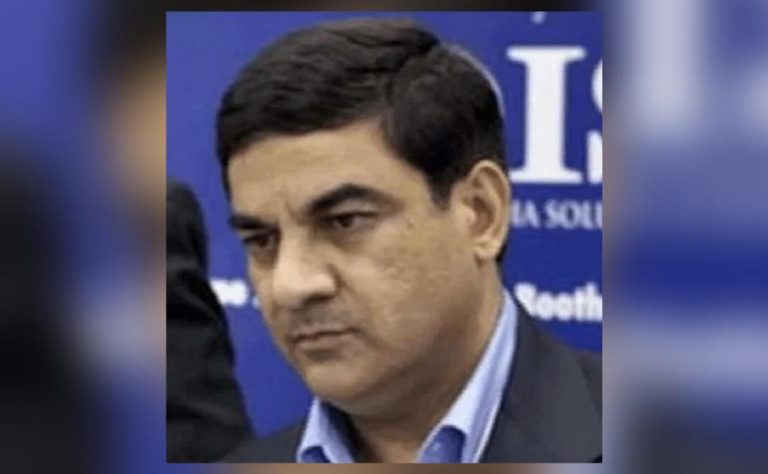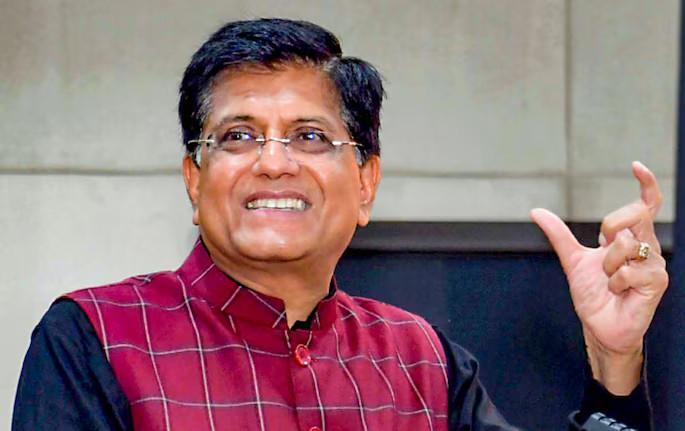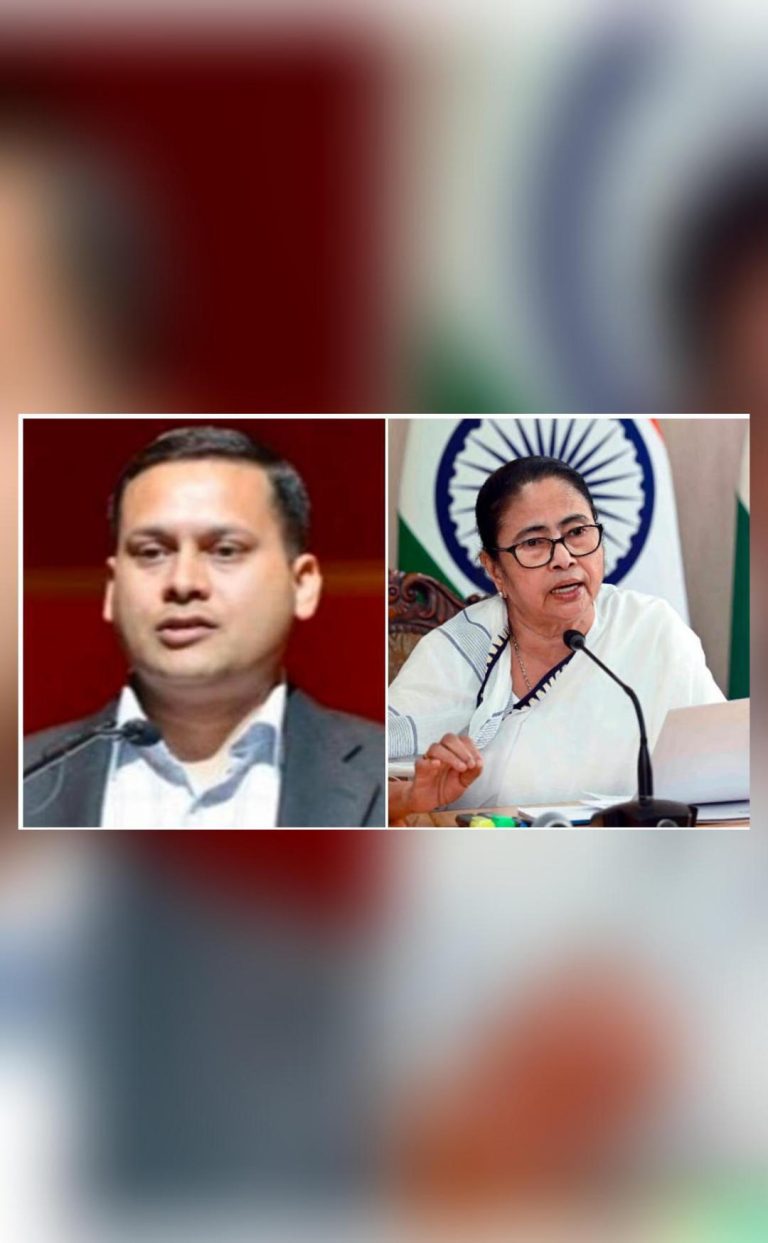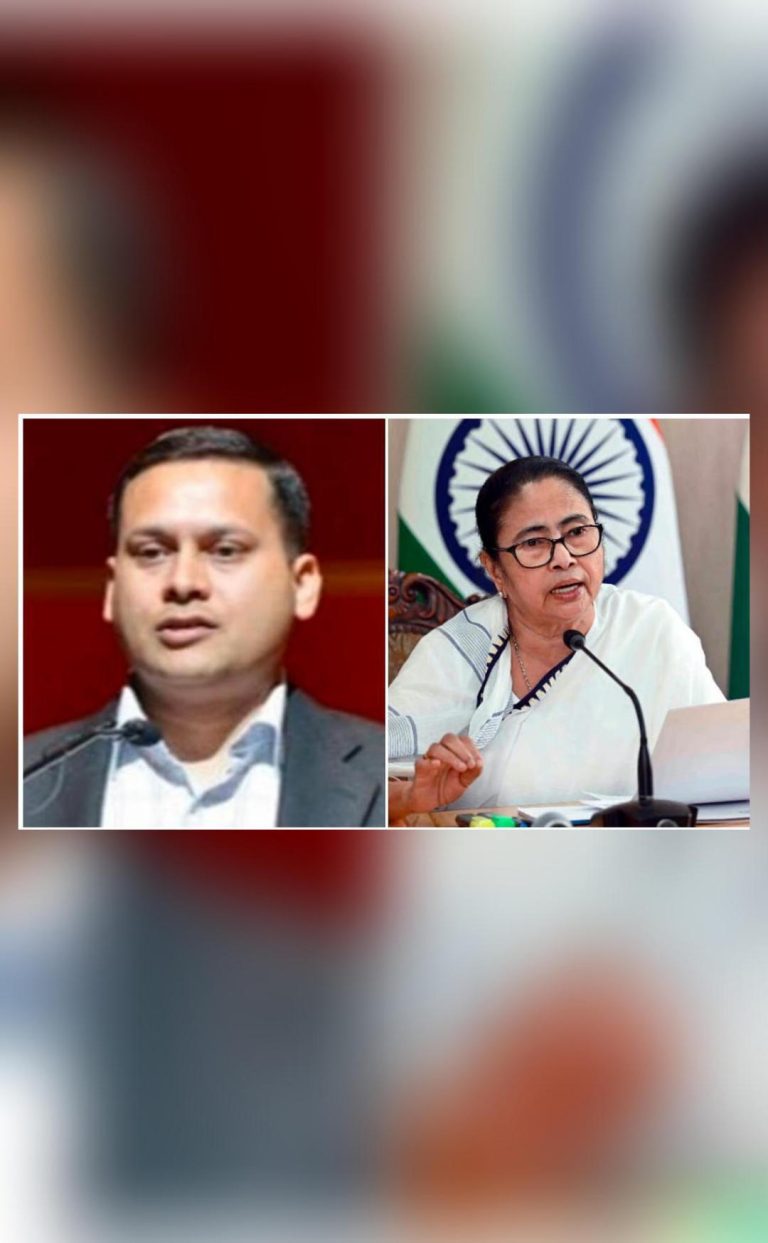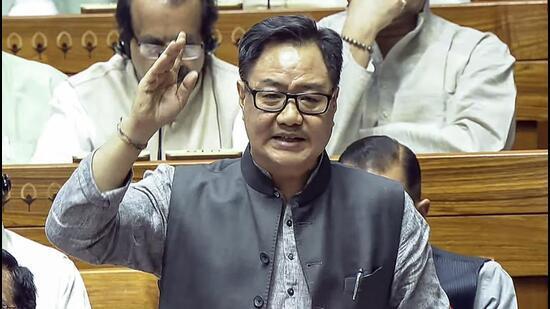
Opposition Creates Confusion & Leaves House: Rijiju in Rajya Sabha
The ongoing session of the Rajya Sabha has witnessed heated debates and lively discussions on various bills, including the Waqf (Amendment) Bill. However, Union Minister Kiren Rijiju has criticized senior members of the Opposition for creating confusion and raising issues, only to leave the House without waiting for replies. Rijiju made these remarks during the discussions on the Waqf (Amendment) Bill, sparking a controversy in the Upper House.
According to reports, Rijiju took a jibe at senior Rajya Sabha member Kapil Sibal, accusing him of creating confusion by comparing properties of Waqf bodies with those of other religious bodies. Rijiju’s statement has raised eyebrows, with many interpreting it as an attack on Sibal’s integrity and commitment to parliamentary proceedings.
The Waqf (Amendment) Bill aims to amend the Waqf Act, 1995, and is aimed at bringing transparency and accountability in the management of Waqf properties. However, the Opposition has raised several concerns about the bill, including its potential impact on the autonomy of Waqf bodies and the rights of Muslims.
During the debate, Sibal reportedly compared the properties of Waqf bodies with those of other religious bodies, including the Church, Gurudwara, and Temple, arguing that the Waqf (Amendment) Bill was discriminatory towards Muslims. Rijiju’s criticism of Sibal suggests that the minister was unhappy with the comparison and felt that it was unnecessary to raise such issues.
Rijiju’s statement has sparked a debate about the role of Opposition members in the Rajya Sabha. While the Opposition is entitled to raise concerns and ask questions, some argue that doing so without staying back to listen to replies is unfair and unproductive.
Critics argue that by raising issues and then leaving the House, Opposition members are creating confusion and disrupting the functioning of the Upper House. This not only affects the smooth passage of bills but also undermines the credibility of the Opposition as a whole.
On the other hand, supporters of the Opposition argue that their role is to hold the government accountable and raise concerns about policies and bills. They argue that by asking questions and raising issues, Opposition members are fulfilling their constitutional obligation to ensure that the government is transparent and accountable.
The controversy surrounding Rijiju’s statement has also raised questions about the role of the government in the Rajya Sabha. While the government has the majority in the House, it is still responsible for ensuring that the proceedings are fair and democratic.
In recent times, there have been several instances of the government using its majority to bulldoze bills through the Rajya Sabha. This has led to concerns about the erosion of parliamentary norms and the undermining of the role of the Opposition.
The Waqf (Amendment) Bill is a case in point. Despite the Opposition’s concerns, the bill was passed in the Rajya Sabha with a majority. However, the controversy surrounding the bill’s passage has highlighted the need for greater transparency and accountability in the management of Waqf properties.
In conclusion, Rijiju’s statement has sparked a debate about the role of Opposition members in the Rajya Sabha. While the Opposition has a crucial role to play in holding the government accountable, it is also important to ensure that parliamentary proceedings are fair and democratic.
The controversy surrounding the Waqf (Amendment) Bill has highlighted the need for greater transparency and accountability in the management of Waqf properties. It is only by working together and respecting each other’s roles that we can ensure that the Rajya Sabha continues to function as a vibrant and effective institution.


